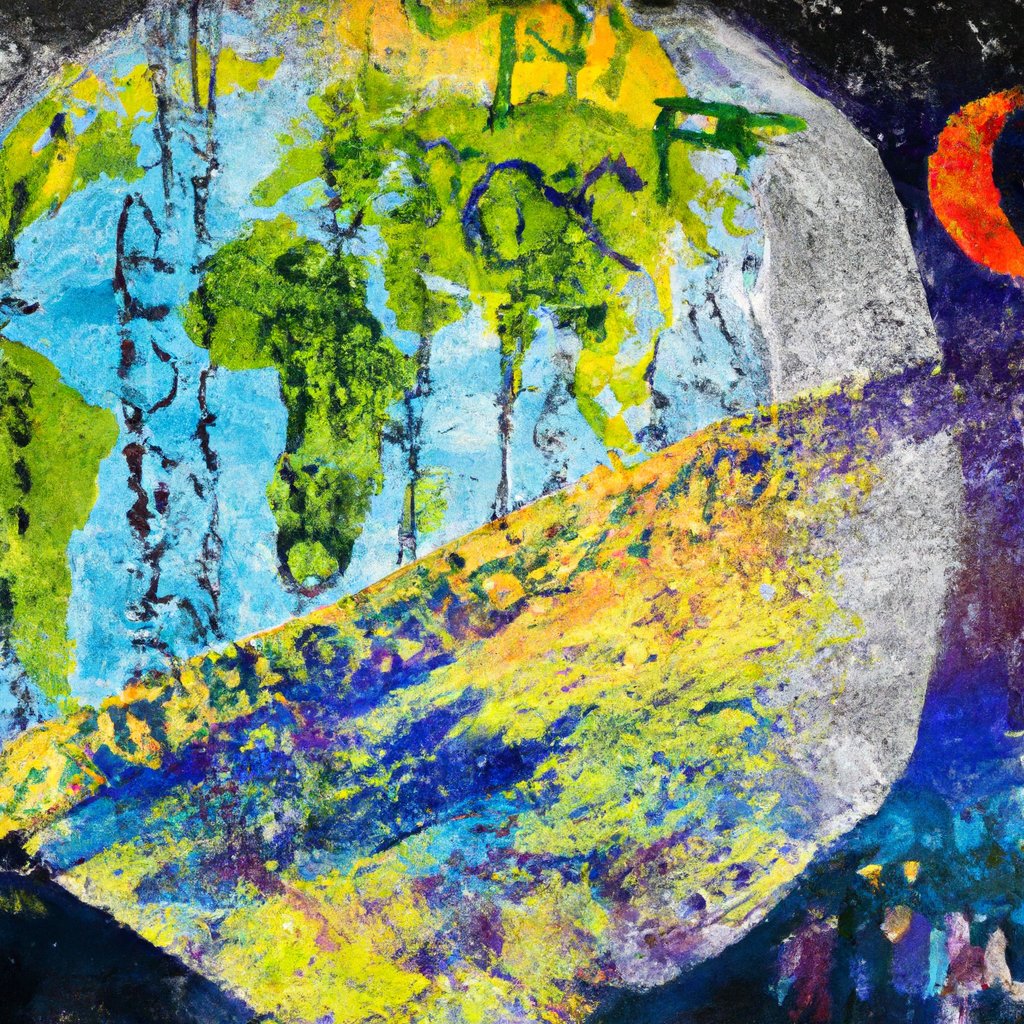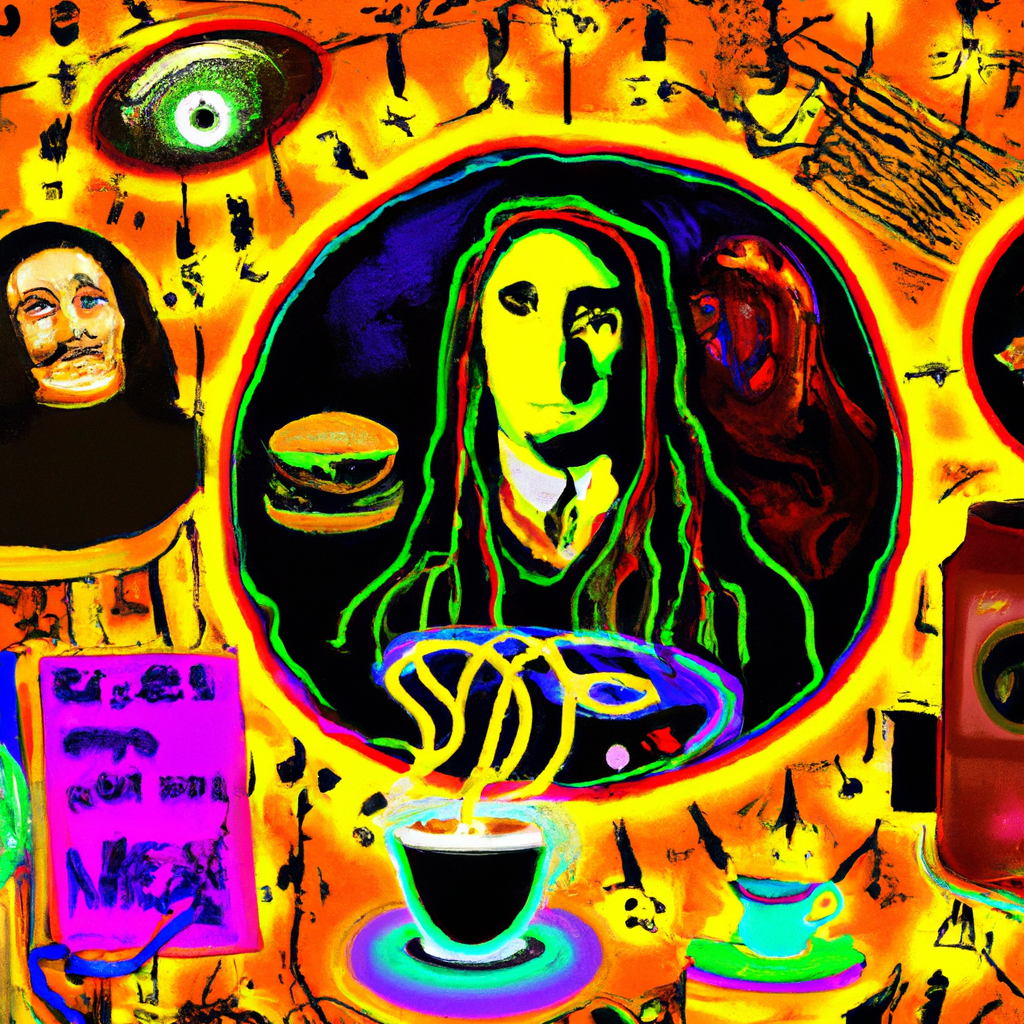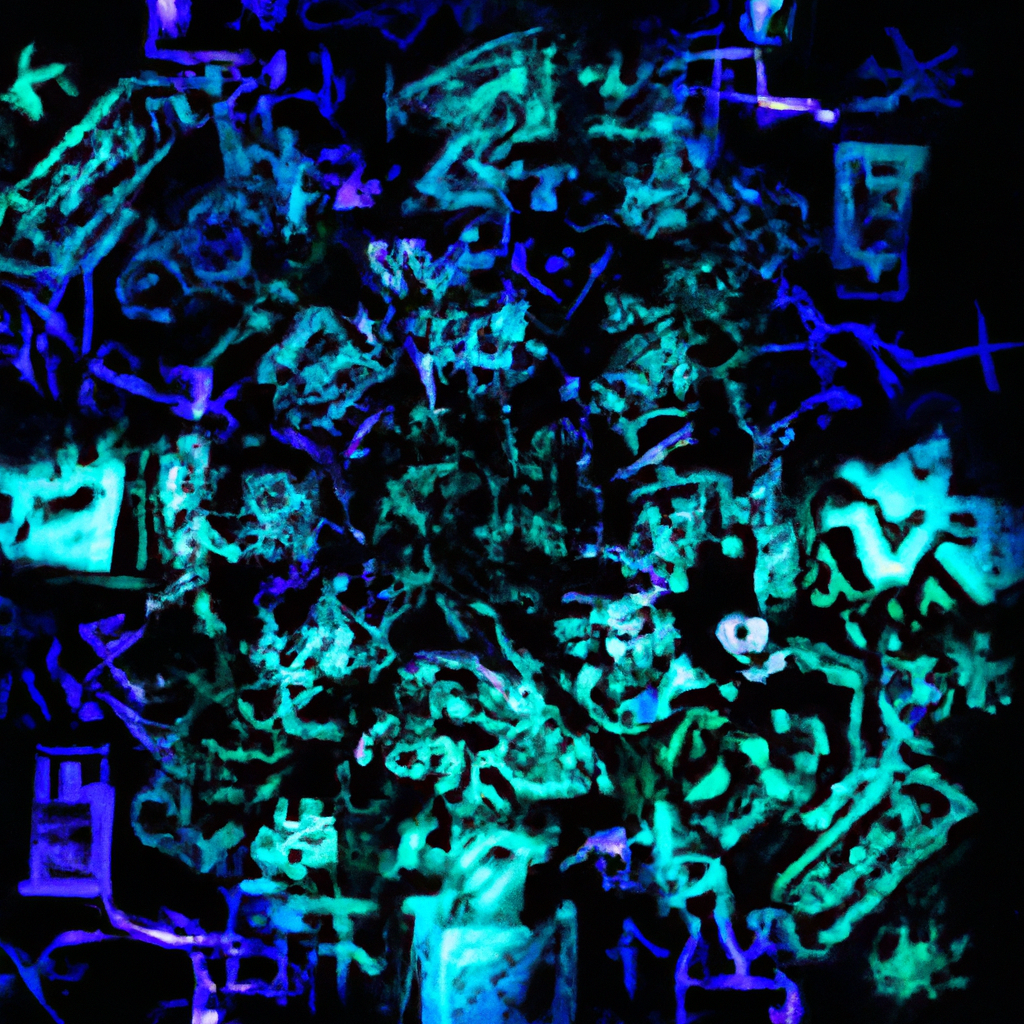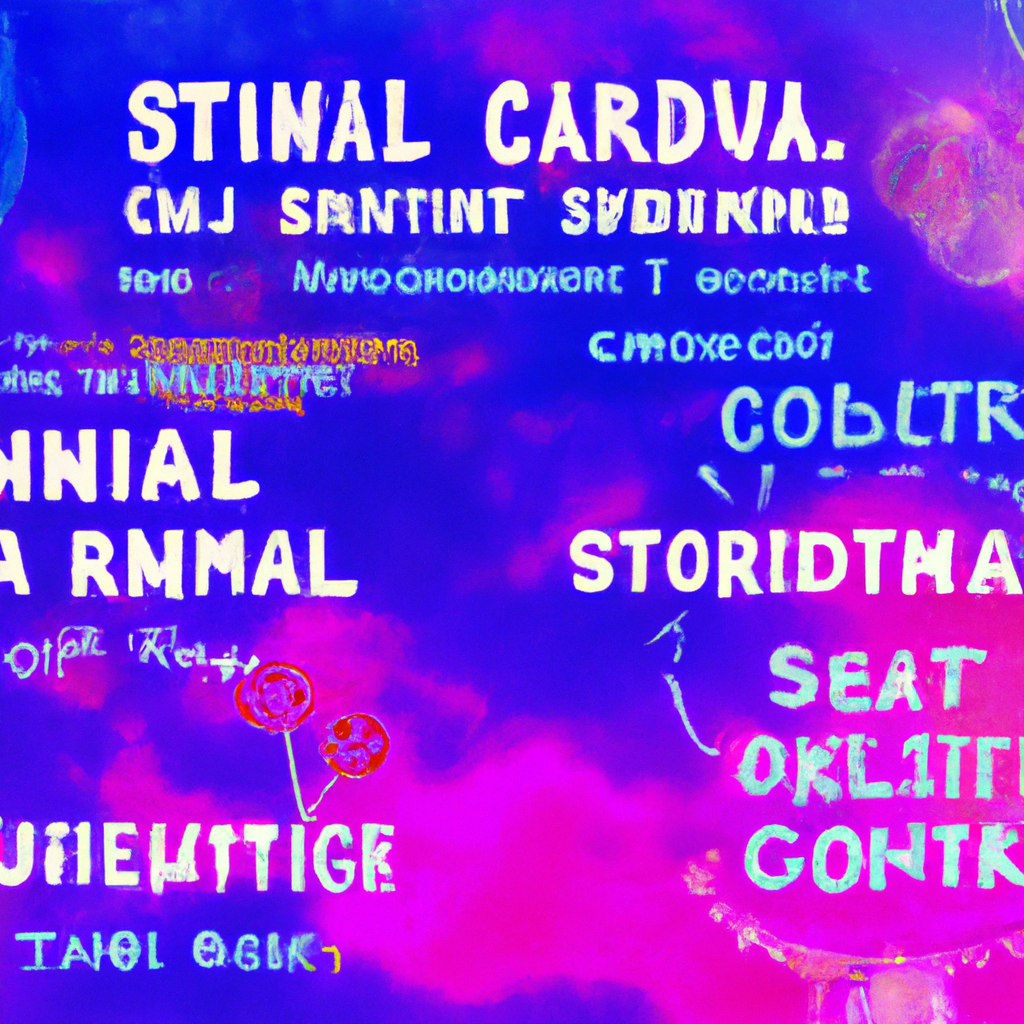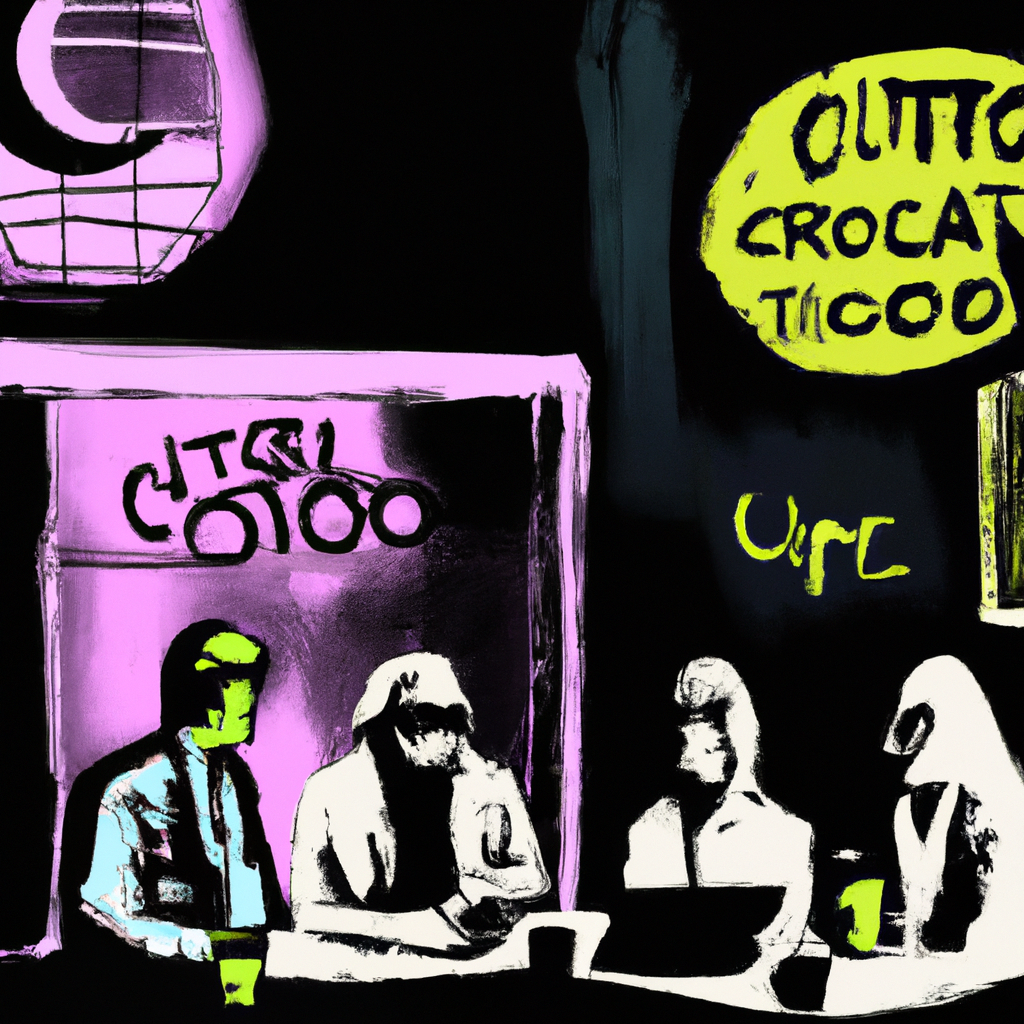Introduction
In the grand theatre of human curiosity, the Moon demands a standing ovation. It’s a celestial body that’s both a muse and a mystery, a constant in our night sky that still manages to surprise us. Yet, as we peer up through telescopes and name its craters with the zeal of a proud parent naming their child, one must wonder: is all this naming an exercise in knowledge or simply a cultural vanity?
The Claim
The article in question, a quiz from Space.com, suggests that naming lunar features is a test of one’s “lunar savvy,” as if knowing the Moon’s topography by heart is akin to a cosmic badge of honour. But is there more to this celestial roll call than meets the eye?
What We Found
Digging through the dust of lunar nomenclature reveals layers of human history and scientific evolution. Naming lunar features is not just about identification; it’s a reflection of our cultural biases and historical epochs. The International Astronomical Union (IAU) governs these names, but the choices often mirror the dominant voices of the time. For instance, many craters are named after European males, echoing the Eurocentric bias of past centuries (Snopes). Moreover, scientific journals like The Astrophysical Journal reveal that recent efforts aim to diversify this nomenclature, acknowledging global contributions to lunar science (IOP Science).
Cultural Context or Why It Matters
Why does it matter what we call a lunar crater? Names shape our understanding and relationship with the Moon, reflecting our desire to impose order on the cosmos. This naming isn’t just an academic exercise; it’s a cultural narrative. Consider the Apollo landing sites: they’re not just coordinates on a map but symbols of human achievement, ambition, and, arguably, hubris. In a world where facts are increasingly fluid, the stories we attach to the Moon’s surface offer a fixed point of reflection. Is our knowledge of the Moon a testament to human progress, or does it reveal our need to control and categorize the unknown?
The Sources
The SaltAngelBlueVerdict: Misleading
While naming lunar features is a fun exercise, it risks oversimplifying and omitting the cultural and scientific complexities involved.

